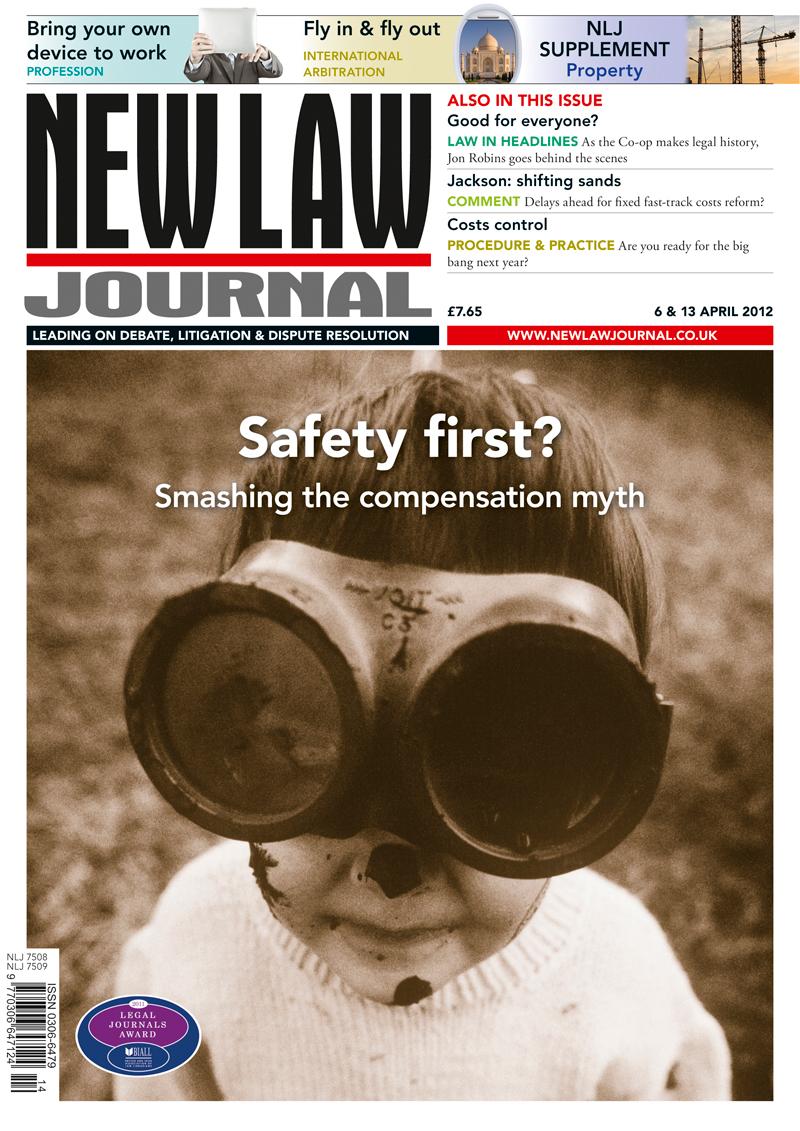
As the Co-op makes legal history, Jon Robins goes behind the scenes
Geoffrey Bindman QC condemns the government’s “compensation culture” campaign
Charlotte Stern reports on the latest TUPE developments
Award reduced in first civil-partnership dissolution to reach Court of Appeal
Dominic Regan hears the latest from Sir Rupert Jackson
Asbestos ruling restores causation for mesothelioma claims
Rise in parents abducting children overseas
Lawyers warn against government shake-up of planning policy
New practice direction on the citation of authorities from Lord Chief Justice
Rip-off traders & scam merchants targeted by Law Commissions
MOVERS & SHAKERS

NLJ Career Profile: Ken Fowlie, Stowe Family Law
Ken Fowlie, chairman of Stowe Family Law, reflects on more than 30 years in legal services after ‘falling into law’

Gardner Leader—Michelle Morgan & Catherine Morris
Regional law firm expands employment team with partner and senior associate hires

Freeths—Carly Harwood & Tom Newton
Nottinghamtrusts, estates and tax team welcomes two senior associates







